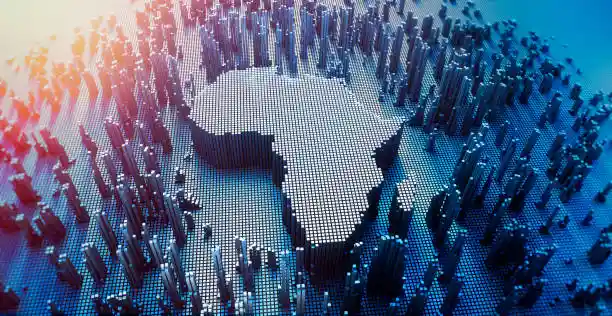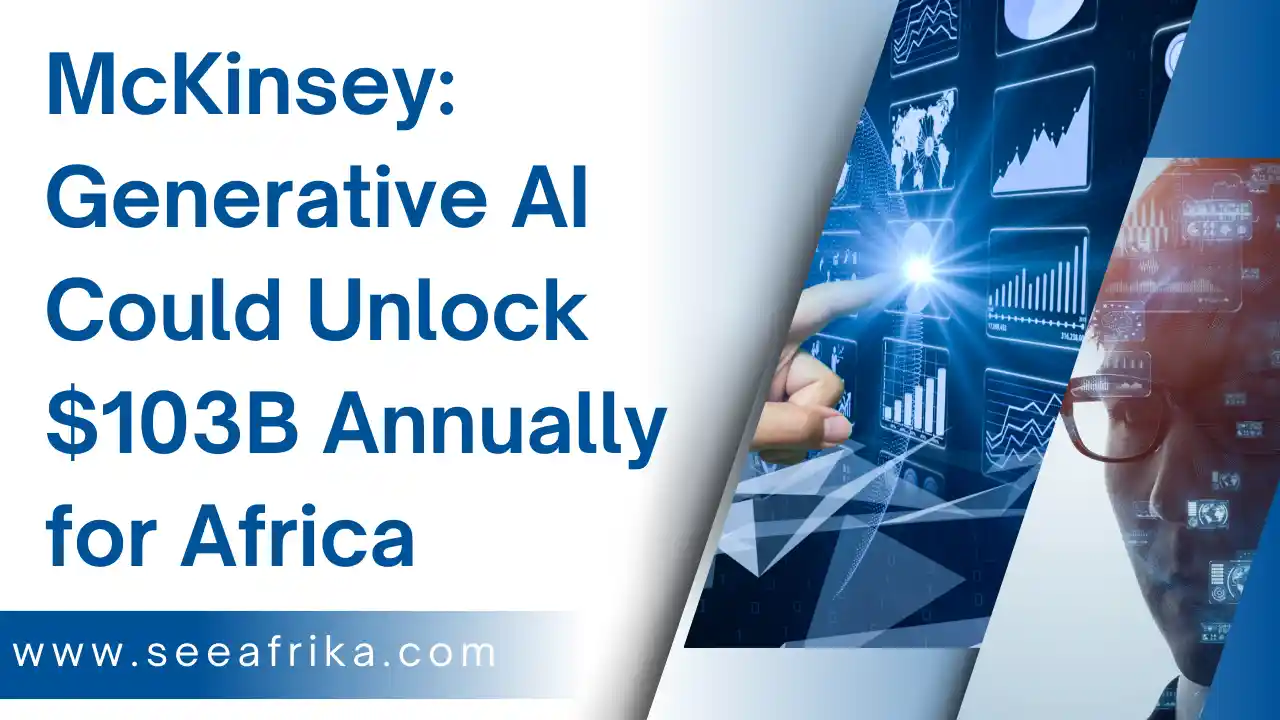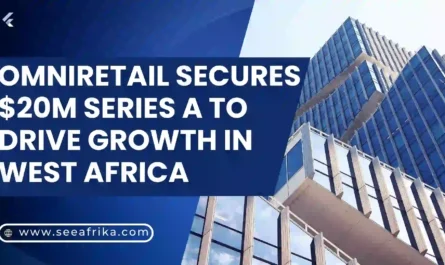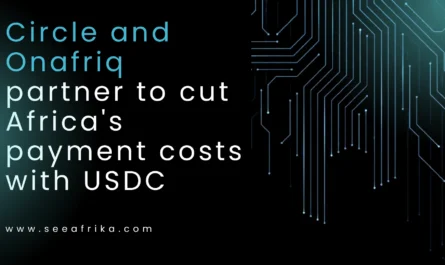Generative AI is no longer just a buzzword in Africa. It is emerging as a transformative force, with a new McKinsey report projecting that generative AI could unlock up to $103 billion in annual economic value for the continent.

Generative AI: A Massive Opportunity
McKinsey’s report, “Leading, not lagging: Africa’s gen AI opportunity,” released on May 12, 2025, reveals that over 40% of African organizations, including public institutions and private companies, are already experimenting with or implementing generative AI solutions to tackle critical local challenges.
The consultancy’s model estimates that large-scale deployment of generative AI across sectors could deliver between $61 billion and $103 billion in annual economic value.
Also read: MTN Group posts a 33% jump in Q1 core profit.
Key Sectors Poised for Growth
The report identifies several sectors with the highest potential for generative AI-driven growth:
- Retail Trade: $6.6 to $10.4 billion annually
- Telecommunications: $6 to $9.6 billion
- Packaged Goods: $5.4 to $8.9 billion
- Mining, Heavy Industry, and Energy: $5.3 to $8.5 billion
- Banking: $4.7 to $7.9 billion
Other promising sectors include travel, logistics, education, and construction, all of which stand to benefit from generative AI’s ability to automate processes, enhance decision-making, and drive innovation.
Also read: Ghana Unveils Africa’s Largest AI-Powered Security Center
Local Solutions for Local Needs
African innovators are tailoring generative AI to address unique regional challenges. South Africa’s Lelapa AI, for example, has developed “VulaVula,” an AI language model trained on Southern African languages to bridge communication gaps and provide translation, speech-to-text, and text-to-speech services. In Ghana, Mazzuma uses generative AI to help developers build smart contracts for blockchain platforms.
Generative AI is also advancing financial and digital inclusion. It enables more conversational, efficient customer service, helping to increase the adoption of financial products like insurance and mobile banking. In the banking sector, generative AI automates customer interactions and streamlines back-office operations, boosting productivity and reducing costs.
Related news: Circle and Onafriq partner to cut Africa’s payment costs with USDC.
How Generative AI Is Shaping the Continent
Generative AI is reshaping Africa’s economic landscape in several ways:
- Productivity Gains: Companies like Absa Group report productivity boosts up to 40% among developers using generative AI as a virtual assistant.
- Leapfrogging Technologies: Africa has a history of leapfrogging older technologies, such as skipping landlines for mobile phones. Generative AI provides a similar opportunity to bypass legacy systems and drive rapid development.
- Democratizing Access: Generative AI democratizes access to global markets, especially for small and medium-sized enterprises (SMEs) and informal traders. It streamlines supply chains, improves logistics, and facilitates trade financing.
- Enhancing Healthcare and Energy: In healthcare, generative AI analyzes large datasets to support research and improve patient care. In energy, it optimizes electricity delivery and reduces maintenance costs.
Challenges on the Road to $103 Billion
Despite the promise, McKinsey warns that Africa faces significant hurdles in realizing generative AI’s full potential:
- Infrastructure Gaps: Reliable power, high-performance computing, and regional cloud resources are essential for robust generative AI ecosystems.
- Talent Shortages: There is a pressing need for skilled professionals to develop, deploy, and manage generative AI systems.
- Regulatory Uncertainty: Clear regulations, improved data governance, and frameworks to manage risks such as privacy breaches, cyberattacks, and job displacement are crucial.
- Digital Divide: Disparities in internet access and digital literacy could limit the reach and impact of generative AI solutions.
The Path Forward
McKinsey concludes that with the right investments in infrastructure, talent, and regulatory clarity, generative AI can become a powerful driver of inclusive and scalable economic growth across Africa.
The continent’s rapid digital transformation, growing demand for data-driven solutions, and entrepreneurial spirit position it well to harness the generative AI revolution.
“Strong gen AI ecosystems are built on robust infrastructure including reliable power, high-performance computing, and regional cloud resources,” the report authors said.
Generative AI is not just a technological upgrade for Africa-it is a leapfrog opportunity that could redefine the continent’s future, unlocking new levels of productivity, innovation, and prosperity. The $103 billion annual prize is within reach, but only if Africa acts boldly and collaboratively to seize it.
If you enjoy our content, you’ll love the amazing stories we share on Facebook, Telegram, and Twitter!
Subscribe and follow us for more premium SeeAfrika content.




